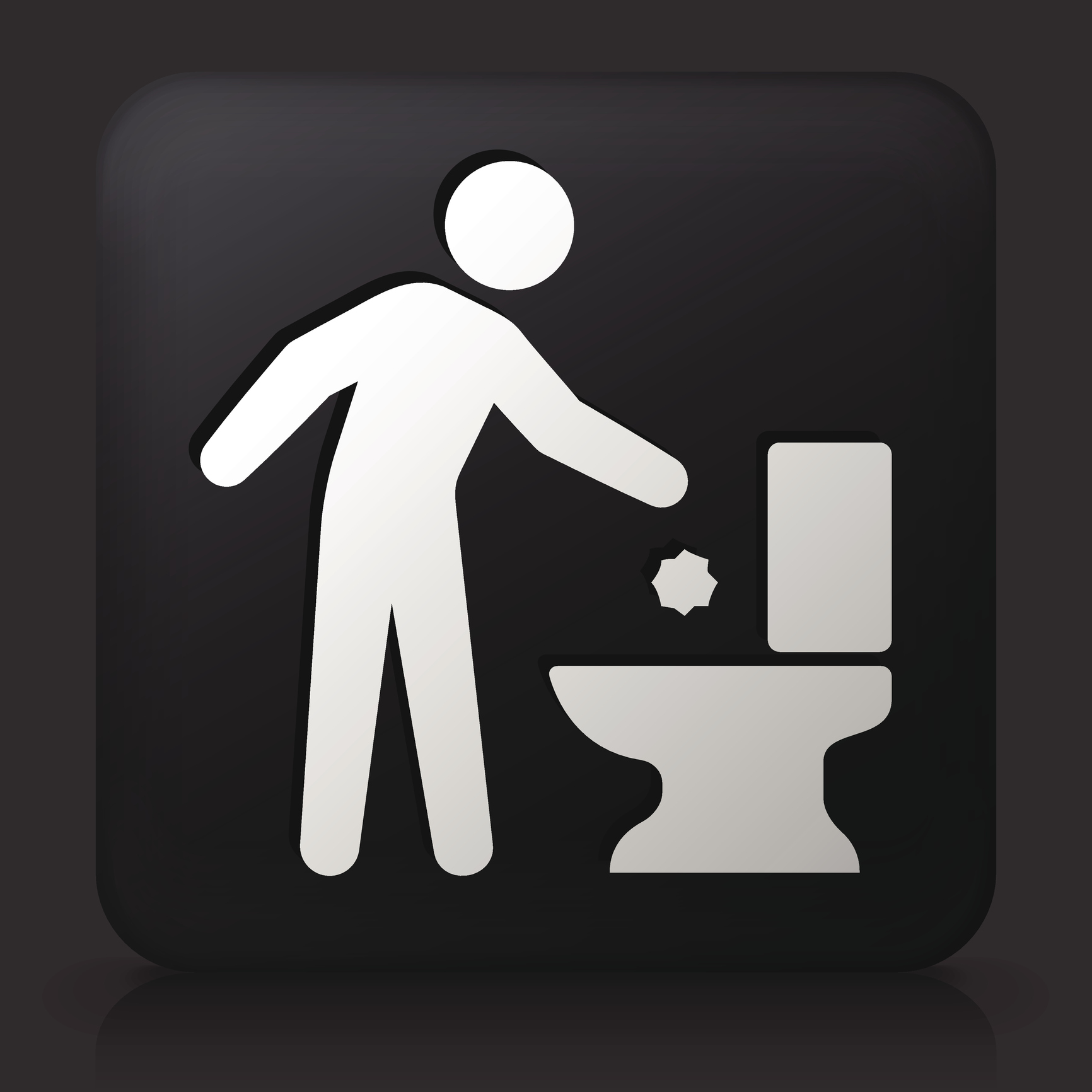GUEST BLOG: Working together to wipe out sewer menace

Despite a concerted effort from water companies to spread the ‘do not flush’ message to consumers, the amount of wet wipes clogging up our sewers each year has continued to rise. But there may be better news on the horizon according to Rachel Dyson, Chair of the Water UK SNAP Network. opens in new window
This week Water UK published the findings of the biggest ever wipes in sewer audit undertaken in this country, carried out in partnership with EDANA (the trade organisation representing wipes manufacturers) and Defra opens in new window. It revealed the main cause of sewer blockages were wipes that are already labelled non-flushable, with the versatile baby wipe making up a staggering 93% of this waste.
Clearer labelling
For years the number of wipes in our sewers has increased but water companies have never let up on their ‘do not flush’ message to customers. So, why the continued increase? It boils down to the confusing labelling on wipes packaging, the explosion of ‘flushable’ labelled products hitting our supermarket shelves and the opposing messaging from water companies and manufacturers/retailers on what can and cannot be flushed.
The good news is that manufacturers now recognise they have a responsibility to raise awareness amongst consumers that these items should not be flushed. In a bold step, EDANA has been promoting their new Code of Practice on labelling to its wipes manufacturing members since January 2017. It calls for the use of a prominent Do No Flush logo on the front of wipes packaging so that it is visible to the consumer – even when the product is sat on the shelf. The labelling is still only voluntary for its members to adopt, but manufacturers have until October 2018 to voluntarily comply.
Shared responsibility
Many major UK retailers are already taking the lead by putting the Do Not Flush logo on the front of packs of their own branded wipes along with other commonly flushed items, such as cotton buds. These changes arose from discussions held with British Retail Consortium representatives, water industry representatives and environmental NGOs. Who all recognise we have a responsibility to do the right thing by customers and the environment.
Water UK’s wipes report concluded that both the water and wipe manufacturing industries require a renewed and united approach to raise awareness among consumers of what can and cannot be flushed. That demands compromise from both sides.
New guidelines
The audit revealed that just 1 per cent of wipes found in the sewer were labelled as ‘flushable’ wipes. These had clearly not met water industry flushability guidelines, but water companies also need to work with manufacturers and retailers to highlight to customers the main problems are being caused by baby wipes, cosmetic wipes and household wipes in sewers.
In turn, manufacturers must strive to meet water industry guidelines on flushability and not rest on their existing self-regulation which does not properly protect customers and the environment. After all, wipes manufacturers are the best organisations to know how to make wipes and water companies are the best at understanding what impact non-flushable waste has in sewers. That’s why the water industry has been working on updating its guidelines on what can and cannot be flushed. These guidelines will offer protection to the sewers and ultimately customers and the environment. More on this in the New Year.
Water companies, customer groups and environmental campaigners have made a great start to tackling this issue. Now we must continue to work together to raise awareness and make it easy for customers to do the right thing.


